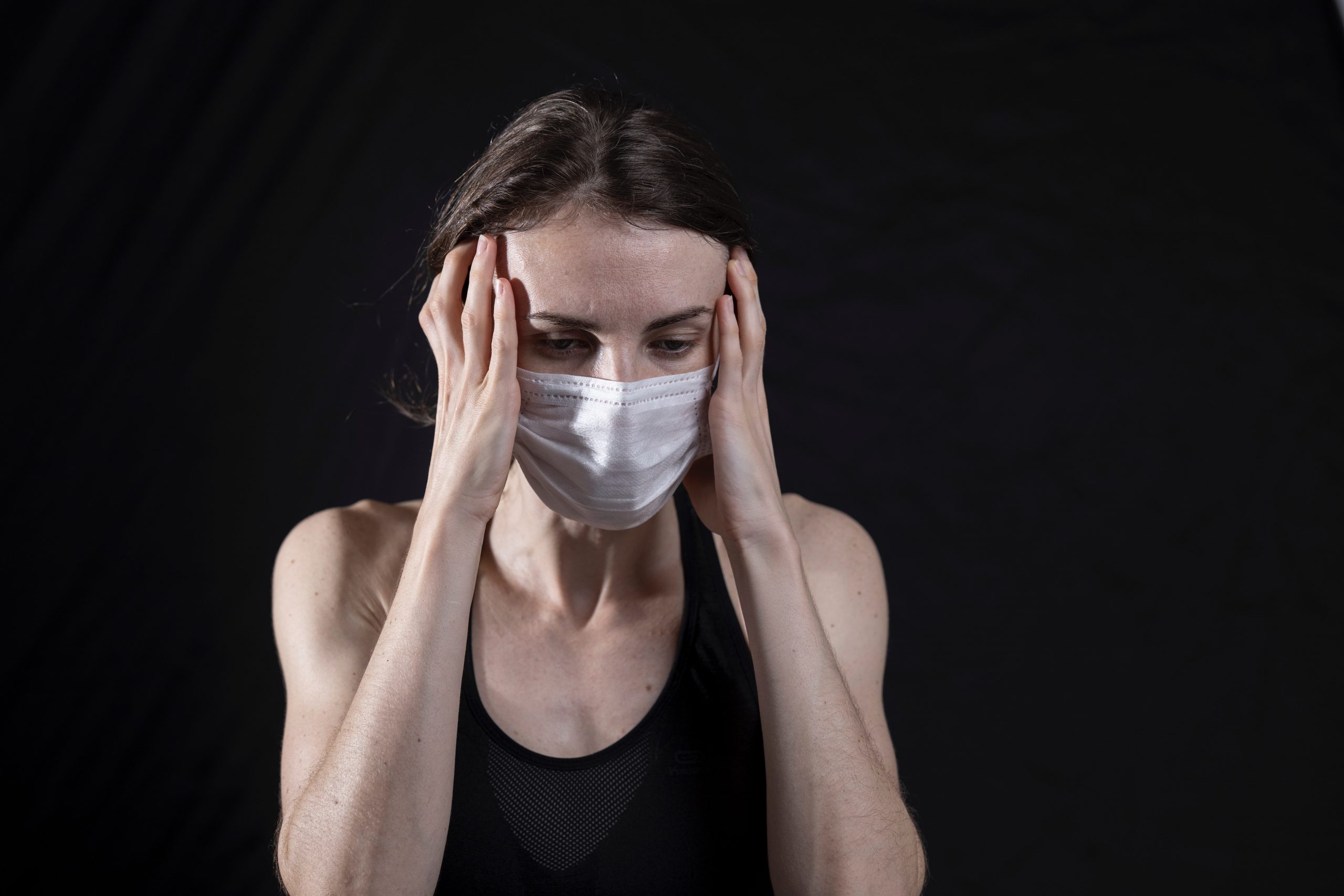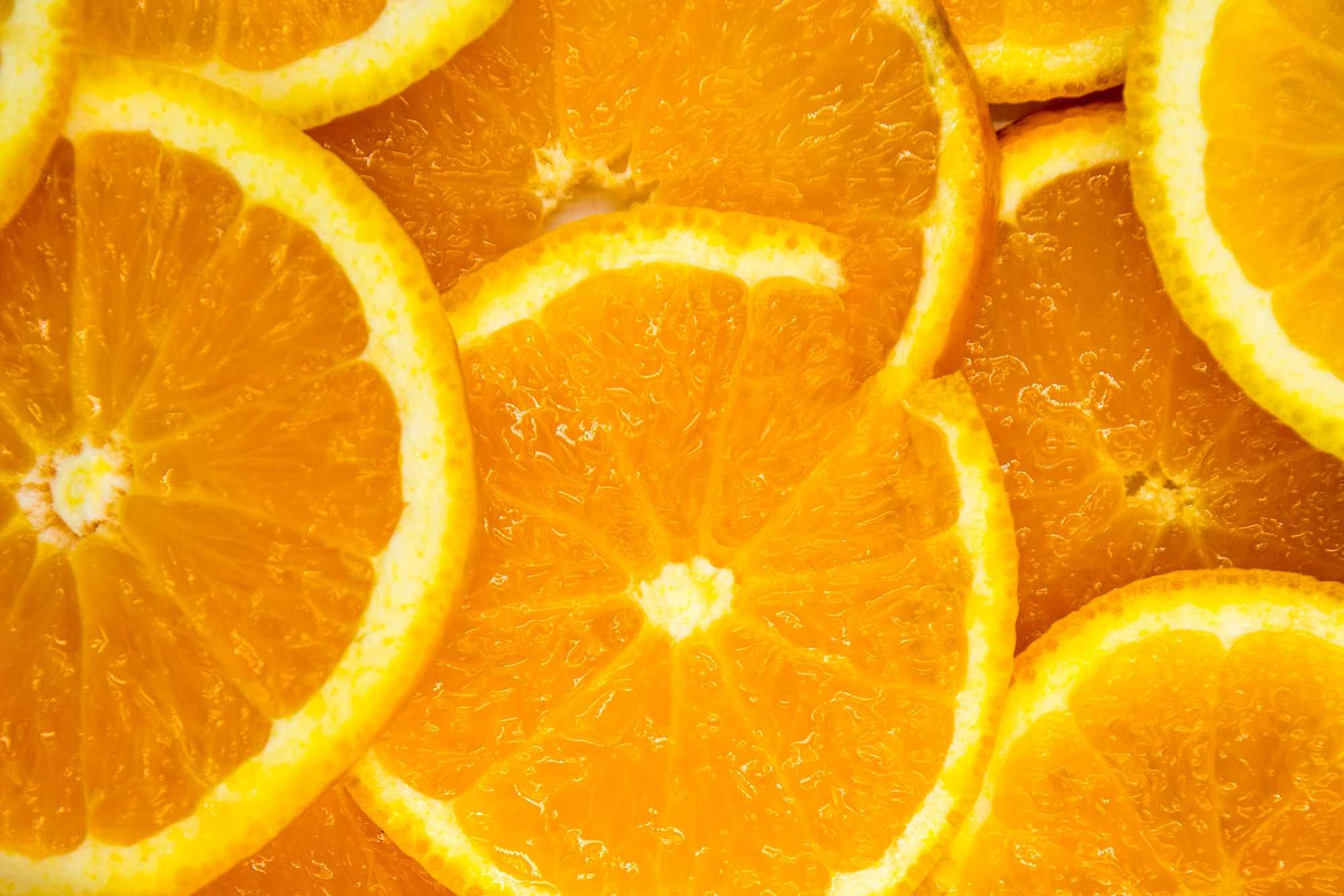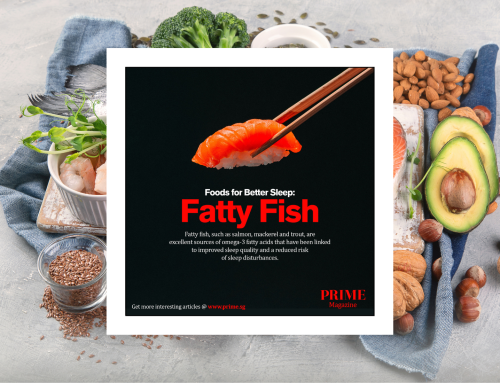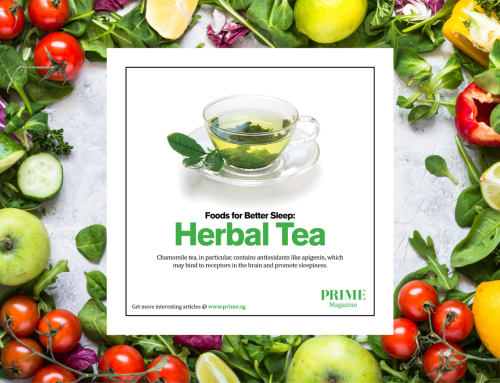
“About 10 per cent of the population in Singapore suffer from anxiety and depressive disorders.”
Why the anxiety?
All of us have experienced anxiety, one way or another, be it an interview, experiencing something new or perhaps before making a speech. It is common to feel nervous or fearful about a stressful event or decision, but sometimes the anxiety can be so intense it becomes an anxiety disorder which impacts one’s life. Anxiety disorders include obsessive compulsive disorder (OCD), post-traumatic stress disorder (PTSD) and generalised anxiety disorder (GAD).
What happens to your body when you are anxious?
- The nervous system will signal the adrenal glands to release hormones such as adrenalin and cortisol when your body feels tensed or threatened. These hormones can make your heart beat faster and raise blood pressure.
- Your muscles will tense up and the contraction of muscles for extended periods can cause headaches and migraines.
- You will breathe harder and some people may hyperventilate and have panic attacks.
- People who tend to eat much more or less than they usually do may experience heartburn.
- Anxiety may lead to a lack of proper sleep and result in insomnia. This had been associated with health deterioration.
Symptoms of anxiety
- Difficulty breathing
- Pounding heart
- Increased muscle tension and muscle aches
- Trembling or shaking
- Panic attacks
- Irritability
- Excessive worrying
- Sense of helplessness

How to manage anxiety?
- Have strong social support from family and friends and talk about your anxiety
- Practise breathing and relaxation techniques
- Challenge negative thinking
- Engaging in pleasant activities
- Exercise regularly and eat a balanced diet

Load up on your nutrients!
Certain nutrients can help our bodies overcome the side effects of stress such as trouble falling asleep. For example, magnesium is a mineral that is vital for nerve and muscle functions. This mineral helps to regulate melatonin, a natural hormone which controls sleep and wake cycles. The magnesium content in the following juices may help you to sleep better at night and improve conditions like insomnia and lead to deeper, uninterrupted sleep.
- Celery juice
- 2 carrots + 2 green apples + a bunch of watercress (bitter taste) + ¼ lemon
- 2 green apples + 6 ribs of celery + 3 heads of lettuce + ¼ lemon
Vitamin C
Besides fighting off viral infections, vitamin C is also beneficial with fighting off stress as it helps to lower blood pressure and stress hormone cortisol. Simply eat a whole orange or drink a glass or freshly squeezed orange juice in the morning, as cortisol levels are higher in the mornings.
B vitamins
B vitamins also help in stress management and anxiety, deficiency in B vitamins may lead to feelings of anxiety. Vitamins B1 and B6 are vital for managing cortisol levels. Avocados are rich in B vitamins, so the next time you are feeling stressed out, treat yourself to a blend of avocado, banana, vanilla extract, nut milk and non-nutritive sweetener. Freeze and chill out!
References
Health Promotion Board
The American Institute of Stress










